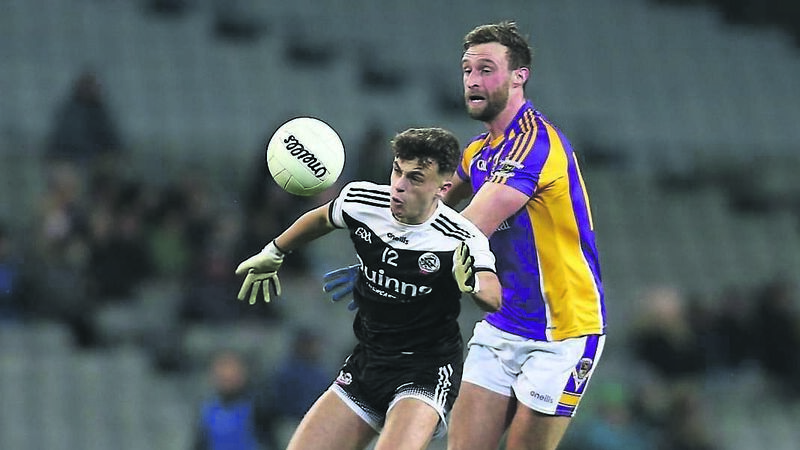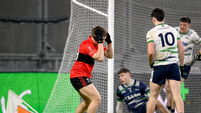Gary Brennan: Decision-making is trainable and it’s likely to be a difference-maker

HEAT OF BATTLE: Kilcoo’s Shealin Johnston is challenged by Kilmacud’s Shane Horan in the All-Ireland SFC Club final. Some of the decision-made during the game raised a few eyebrows.
Decision, decisions, decisions.











